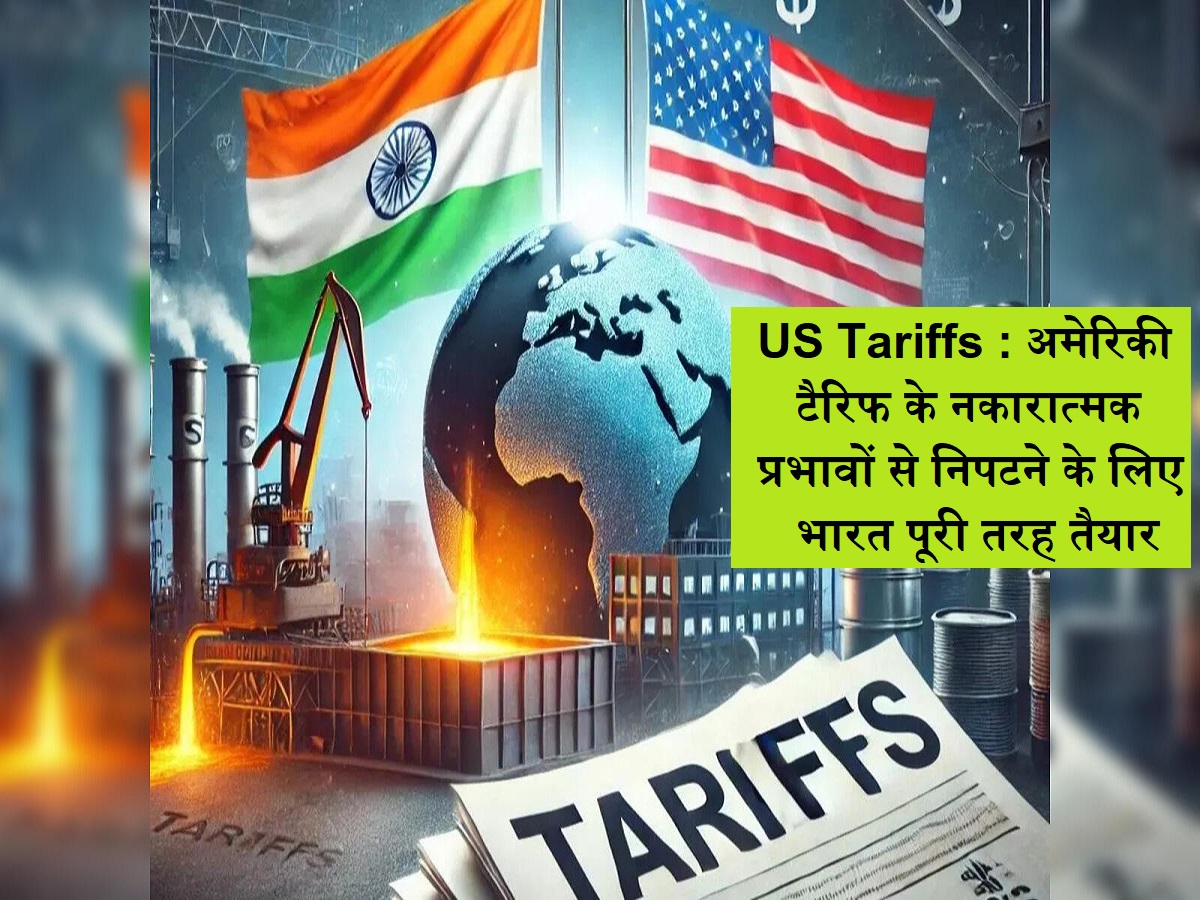News India Live, Digital Desk: Us Tariffs: Moody’s Ratings said on Wednesday that India is in good position to deal with the negative effects of American tariffs and global trade disruptions, as domestic development is supporting the driver and low dependence on exports.
In a note on India, the agency said that the government initiative to promote private consumption, expand manufacturing capacity and increase spending on infrastructure will help balance the weakening scenario of global demand.
Reduction in inflation leads to a possibility of cutting interest rates, which will give more support to the economy, as well as facilitates lending from the banking sector liquidity.
“India is in a better position in dealing with American tariffs and global trade disruption compared to many other emerging markets, which includes strong internal growth factor, large domestic economy and low dependence on goods trade than many other emerging markets,” said Moody’s.
In addition, the Pakistan-India tension, including the erupted situation in early May, will have more impact on Pakistan’s development than India.
Moody’s said, “In the scenario of continuous increase in local tension, we do not expect major disruption in India’s economic activities because its economic relations with Pakistan are very few. Also, the parts of India that produce most of its agricultural and industrial production are far from the struggle areas.”
However, high defense expenditure will affect India’s fiscal strength and its fiscal consolidation will slow down.
The central government’s spending on infrastructure supports the growth of GDP, while individual income tax cuts promote consumption.
Limited dependence on India’s goods trade and its strong service sector are factors to reduce American tariffs. Nevertheless, areas such as auto, which export something to the US, face global trade challenges despite their diverse operations.
Moody’s had reduced its economic growth estimates from 6.7 percent to 6.3 percent earlier this month, but will be the highest among the G20 economies.
In early April, the US administration announced the implementation of widespread, country-specific tariffs on business partners and then stopped it for 90 days.
It retained the base tariff of 10 percent, exempted some areas and retained the high tariffs already imposed for other areas including steel and aluminum.
Indian Football: AIFF urge to speed up the expansion of I-League and IWL
